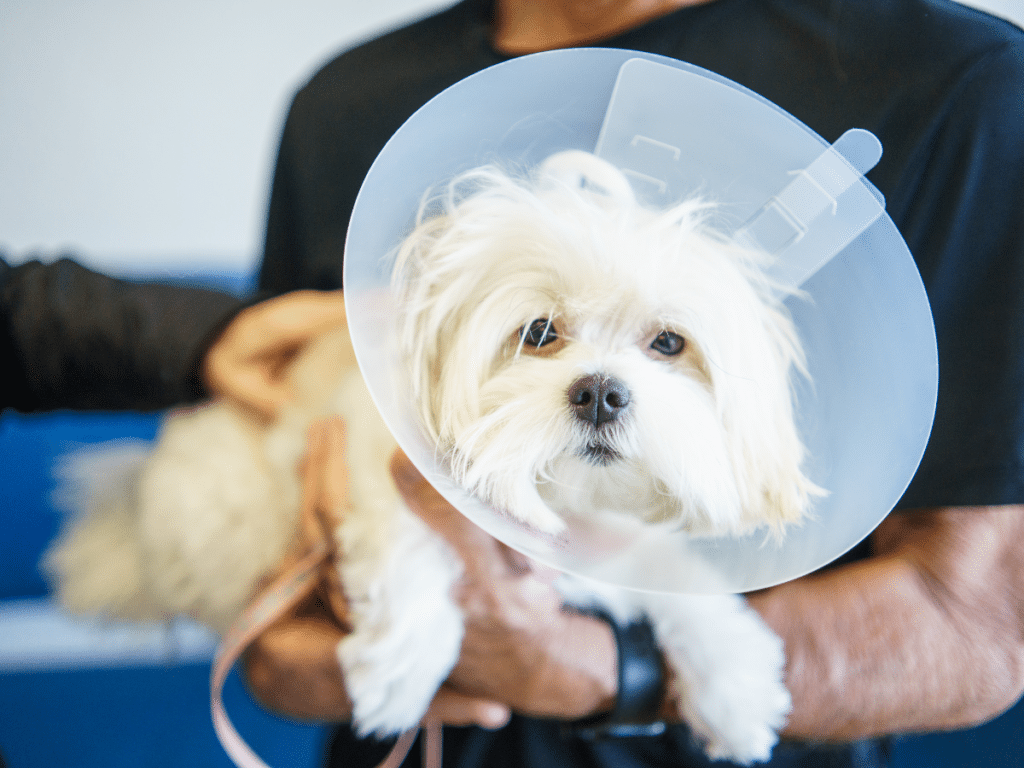Preventing Pyometra: One More Benefit Of Spaying
For the most part, dog and cat owners arrange for their female pets to be spayed to prevent unwanted litters of puppies and kittens, and do their part to control the animal population. Spaying also helps dog and cat owners avoid the messiness and behavioral changes that come with female heat cycles.
But, the opportunity to avoid dangerous and potentially life-threatening conditions, like pyometra, is yet another good reason for dog and cat owners to arrange for their four-legged companions to be spayed.
Pyometra is a condition that most often affects middle to older-aged dogs and cats that haven’t been spayed. It is considered the most common reproductive illness for dogs, and it can occur in up to one-quarter of females that haven’t been spayed. In cats, it is much less common, occurring in only about 2% of unspayed cats.
Regardless of its prevalence, it’s important for dog and cat owners to recognize that the condition can be fatal if left untreated, which makes preventing pyometra that much more important. It is just one more reason why Dr. Kelly’s Vet offers affordable cat and dog spay procedures, so responsible pet ownership is not a financial burden.

Pyometra Signs, Symptoms And Treatment
Pyometra is the result of hormonal changes that create a hospitable environment for bacteria to grow inside a dog or cat’s uterus. When the bacteria grows, the uterus fills with toxins that then enter the animal’s bloodstream and can lead to a dangerous sepsis infection.
Dogs and cats that begin experiencing pyometra may exhibit signs of lethargy and poor appetite along with bouts of vomiting, vaginal discharge, fever, weakness, an increase in thirst or urination, as well as pale gums and the possibility of a painful or distended belly. Since pyometra is considered a life-threatening condition, it should be treated as a medical emergency, and pet owners witnessing this type of behavior should seek immediate medical attention.
Veterinarians offering treatment to a cat or dog that is experiencing pyometra may use blood work and radiology to properly diagnose the condition before offering IV fluids, antibiotics, and arranging for surgery to remove the ill animal’s ovaries and uterus. Pyometra is a serious illness, so the recovery period for a dog or cat experiencing it may be longer or more complicated than when a healthy dog or cat is spayed.
At Dr. Kelly’s Vet, we offer the surgical procedure that is needed for dogs or cats diagnosed with pyometra at a more affordable price than traditional clinics. However, we are not a diagnostic clinic, which means dog and cat owners need to consult with a veterinarian to receive a confirmed diagnosis before scheduling surgery with us.
To learn more about our affordable pet surgery prices, click here.
Dr. Kelly’s Surgical Unit is a trusted veterinary team serving the Phoenix, Peoria, East Mesa, and Tucson metro areas, with accessible locations in each market, offering highly specialized surgery, quality spay and neuter procedures, and accessible dental care for pets. Contact us to learn more about our specialized services or to schedule an appointment.
